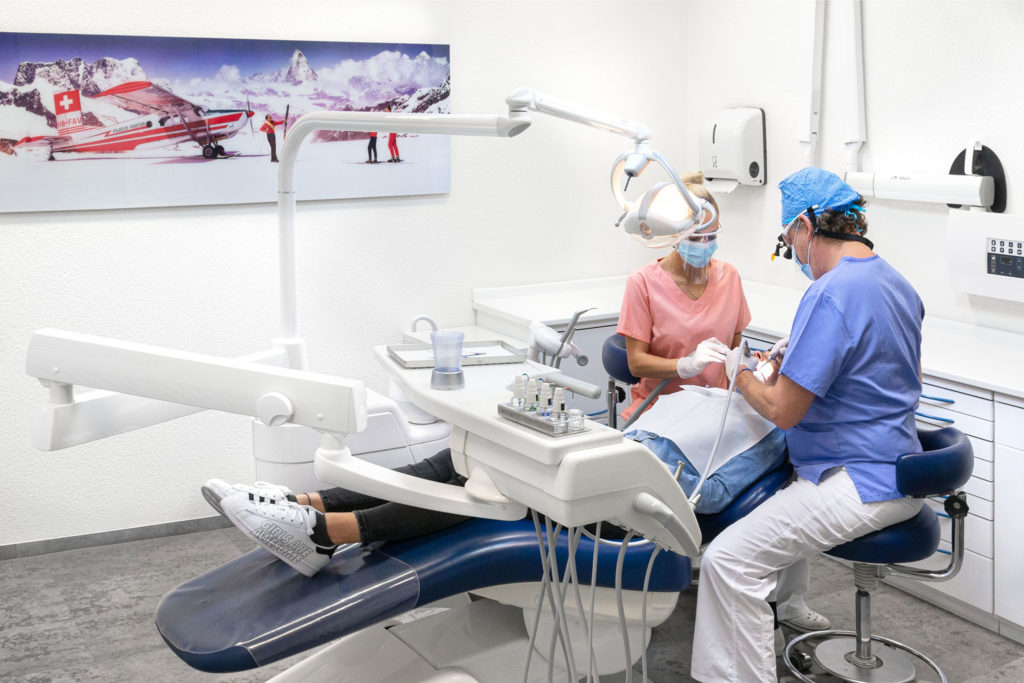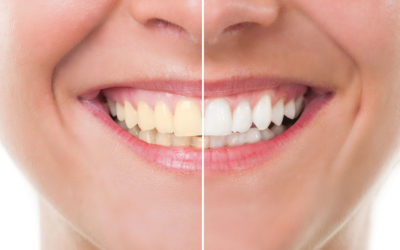
Dental emergencies: 4 important things to know
If you've ever experienced a dental emergency, the last thing you want is for it to happen again. What is a dental emergency? How is it treated? Here are five things you need to know about dental emergencies.
Things you need to know about dental emergencies
1 - What is a dental emergency?
Dental emergencies are situations that occur when teeth are severely damaged, causing pain and discomfort. The damage may be caused by an accident or trauma, or be related to an underlying medical condition.
Dental emergencies can also occur if your toothache doesn't go away after a few days. You should see your dentist immediately if your toothache lasts more than two days.
Another type of emergency situation is the loss of a filling or crown that causes an infection inside the mouth. This type of situation can lead to infection in other parts of the body.
2 - When should I call my dentist in an emergency?
If you're suffering from tooth pain and it's not related to your wisdom teeth, or any other surgical procedure, you should call your dentist.
If this pain is accompanied by severe bleeding, swelling or other visible symptoms of infection, or if you have difficulty breathing or swallowing, you should call your dentist.
If you don't know who your dentist is or where he or she practices, call urgent care and ask for your nearest dental center.
Gum-related problems may also require an emergency consultation with your dentist. If your gums bleed frequently, showing signs of inflammation, then it's important to consult an oral health professional.
If you suffer facial trauma that results in tooth breakage, dislocation or tooth extraction, it's important to contact your dentist as soon as possible. They'll be able to assess the extent of the damage and suggest the appropriate treatment, such as a dental prosthesis or dental implant.
3 - What are the first steps to take in a dental emergency?
In a dental emergency, it's important to stay calm. If you or a loved one is faced with a dental emergency, it's important to know what steps to take to minimize damage and improve the chances of recovery.
First, you need to determine whether or not the tooth can be saved. If the tooth is loose or broken, it may be best to extract it immediately. If you decide to try to save the tooth, you should contact your dentist as soon as possible for further instructions.
If there are no signs of injury or infection in the mouth, prepare an ice pack in case swelling occurs. If swelling and pain occur, take ibuprofen or acetaminophen (if available) in the doses recommended by your doctor.
Once this first aid has been administered, it's important that the patient sees a dentist as soon as possible to assess the damage and treat it accordingly.
4 - How to deal with dental emergencies
When you come to a dental office, you'll still need to introduce yourself and tell them about your symptoms and medical history. The dentists will then assess your situation and determine whether it is possible to treat you on the same day. You may be asked questions about the cause of your injury or the level of urgency, so that we can better understand how to help you.
If possible, avoid eating solid foods before coming in, as this can make X-rays more difficult and increase the risk of infection. Avoid smoking before arriving at the office, as it can interfere with healing.

Managing dental emergencies at Centre Dentaire Lancy
When you're faced with a dental emergency, you need to act fast. At Centre Dentaire Lancy, we understand how important it is to take care of your dental problems as soon as possible. It's easy to feel anxious about the pain and discomfort that accompany a dental emergency. We're here to help!
We'll make sure you get the treatment you need as quickly as possible, so you can get on with your life without pain or discomfort. Our team will be with you every step of the way, treating your situation with compassion and understanding.
Discover also the Centre Dentaire Chêne-Bourg and the Centre Dentaire Champel





